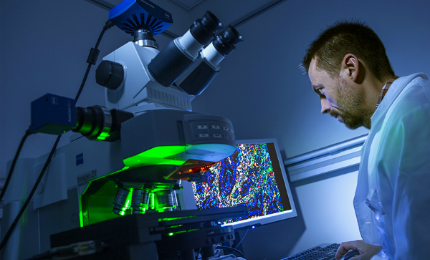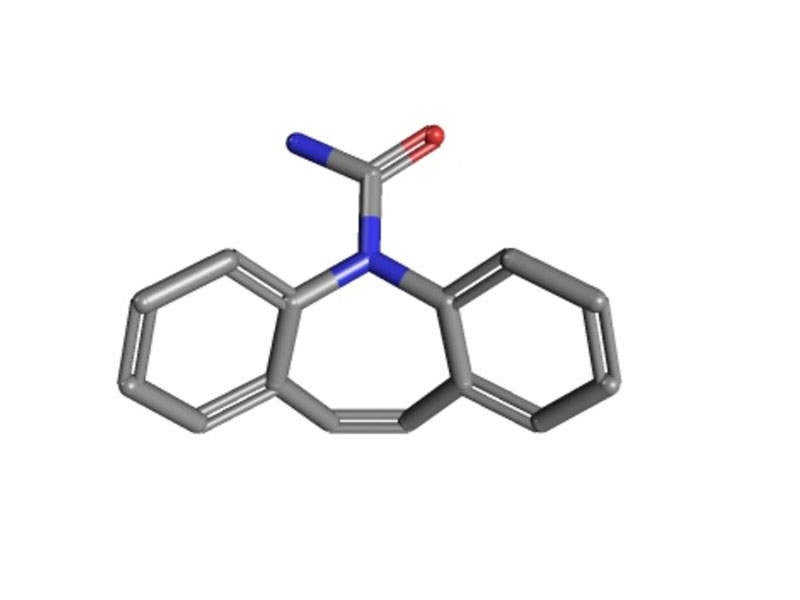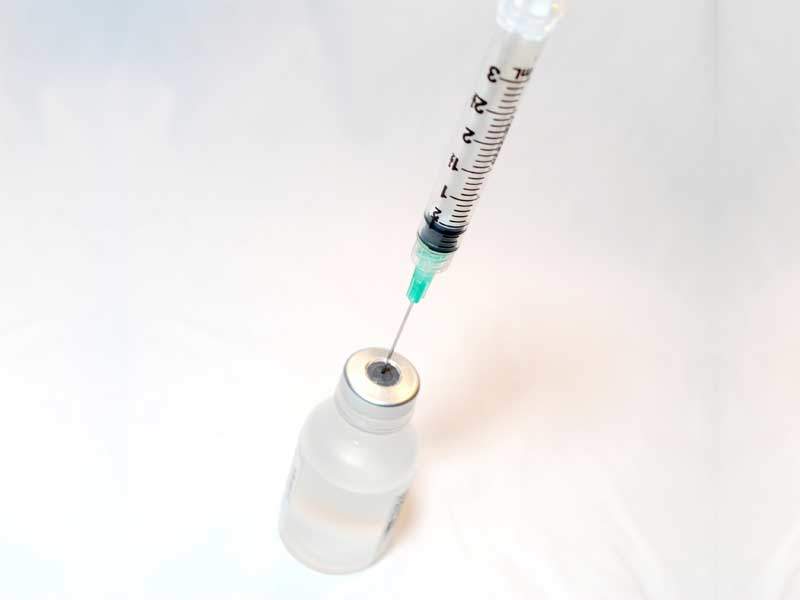
Bioneer provides discovery and pre-clinical phase services, including in-vitro human disease modelling, molecular detection and histology services, recombinant protein production and drug development for the biotech and pharmaceutical industry.
Bioneer also assists businesses in the validation and development of equipment such as detection technologies.
Patient-specific disease modelling with iPSC technology
Bioneer specializes in induced pluripotent stem cells (iPSCs) and genome editing for development of patient-specific disease models, and other applications.
The technology allows development of cell lines with specific phenotypes for initial drug screening. Genome editing can be used for generating reporter cell lines and knock-outs. Projects can be performed in the frame of industry-sponsored contract research projects.
Human dendritic cell models
Bioneer develops in-vitro models based on human dendritic cells (DCs) and peripheral blood mononuclear cells (PBMCs) derived from the blood of healthy donors.
The model can be used for drug screening, for example, assessment of overall immune modulating capabilities and the ability to suppress a specific response.
Typical end-points are the measurement of DC and T-cell secreted cytokines, as well as surface markers by flow cytometry, T-cell proliferation, or detection of intracellular targets.
In-vitro models are suitable for early, pre-screening of compounds and validation of in-vivo results.
Molecular detection and histology services
Bioneer provides identification, validation and documentation services for disease-relevant biomarkers and drug targets. In addition, Bioneer evaluates and tests new technology platforms for biomarker characterization.
The company’s toolbox include in-situ hybridization (ISH), immunohistochemistry (IHC) and immunocytochemistry (ICC) for monitoring bio-molecules such as microRNAs, mRNAs, long non-coding RNAs and proteins in biological specimens such as tissue biopsies, blood samples and in-vitro cultured cells.
ISH, IHC and ICC services include microRNAs, mRNAs, long non-coding RNAs and proteins in biological specimens such as tissue biopsies, blood samples and in-vitro cultured cells.
The company designs and optimizes multiplexing biomarker assays where several can be detected in the same sample.
Recombinant protein production
Bioneer offers support from early feasibility studies, including expression tests and comparison of different host-vector systems, through upstream and downstream process development, including fermentation optimization, purification and characterization.
The company offers manufacturing up to gram-scale on a non-GMP level and and has developed an IP-free E. coli expression system and a L. lactis system.
Applications are also available with mammalian systems CHO and HEK293.
Compound characterization and formulation
Bioneer provides drug development services for small molecules and biologics, from physicochemical drug and formulation characterization to evaluations for advanced in-vitro models.
This combination allows rational formulation optimization and more opportunities for successful in-vivo studies.
Physicochemical characterization of small molecules comprises solid-state techniques such as powder diffraction and spectroscopic and thermal analysis.
Various models simulating biological barriers are available for evaluating drug transport.
The models include the intestinal epithelial cell line Caco-2, the MDCK cell line transfected with human P-glycoprotein, the lung epithelial cell line Calu-3 and a skin cell line (Franz cells) for evaluation of topical formulations.
Bioneer has also developed an epithelial cell line transfected with human P-gp (IPEC-J2 MDR1), which forms tight monolayers with a high expression of human P-gp and a low expression of endogenous transport systems. This makes the cell line a powerful screening platform for blood-brain barrier (BBB) permeability.
Finally, the company offers testing in a model that simulate the physiology of the GI tract, such as studies of gastric digestion that uses recombinant human gastric lipase and processing in the model.
Through partners, Bioneer can design and perform in-vivo studies.
About Bioneer
Bioneer is a Danish advanced technology company with 30 years of experience, employing 40 people in the Scion DTU science park, north of Copenhagen.
Bioneer is involved with European and international enterprises for the development of pharmaceutical candidates and diagnostics.
The company is also a Centre of Excellence for Exiqon in the area of LNA-based in-situ hybridization analysis.




